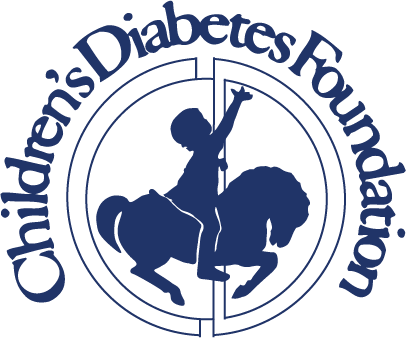Sickness
Navigating Sickness with T1D
It is important to pay extra attention to your type 1 diabetes (T1D) when you are sick. Common colds, the flu, COVID or infections are all examples of illnesses that can affect your blood sugar. The best tip is to stay in contact with your healthcare team when going through various illnesses.
General tips include:
- Check blood sugar often and if using a CGM, pay attention to readings and trends.
- Check for ketones: Use a blood ketone meter or urine test strips to see if you have ketones (make sure test strips are not old/ expired). It is recommended to test for ketones every 4-6 hours when you are sick, especially with vomiting.
- Stay hydrated: Drink plenty of fluids. Some people with T1D utilize water with electrolytes or zero sugar sports drinks.
- Watch for signs of DKA: Diabetic Ketoacidosis (DKA) occurs due to an excess of ketones in the bloodstream. When cells lack the necessary glucose for energy, your body starts burning fat to produce energy, resulting in the creation of ketones. Ketones are byproducts formed when the body breaks down fat to generate energy. This process can happen when there is insufficient insulin in the body to utilize glucose, the body's primary energy source. High ketone levels in the blood increase acidity. Excessive ketones can lead to DKA. DKA is a potentially life-threatening emergency that requires immediate medical attention, read about the signs of DKA below.
- Create a sick day plan with your doctor: You may need to adjust insulin doses if you are unable to eat normally or if your illness is causing your blood sugars to be elevated.
- Have Emergency Glucagon on hand and instruct your loved ones, roommates and family on how to use it in case of severe hypoglycemia (dangerously low blood sugars).
Signs of DKA include
- Presence of high ketones in blood
- High blood sugar
- Fatigue
- Confusion
- Blurred vision
- Stomach pain
- Nausea
- Vomiting
- Fast, deep breathing
- Dry skin and mouth
- Flushed face
- Fruity breath
- Headache
- Muscle stiffness or aches
- Flu-like symptoms
- Difficulty paying attention
Disclaimer: This information is provided for educational purposes only and should not be considered medical or legal advice. Always consult your healthcare provider for guidance specific to your health condition.
If you have sick day guidelines provided to you from your healthcare team, those guidelines should be used to help navigate sick days. The Barbara Davis Center for Diabetes clinical care team assembles sick day plans—be sure to reference that first. The Understanding Diabetes book also has a good guide to follow.

